Pharmacology Connections to Nursing Practice 1st Edition by Michael Patrick Adams – Test Bank
Digital item No Waiting Time Instant DownloadISBN-10: 0133096254 ISBN-13: 978-0133096255Publisher : Pearson; 1st editionAuthors: Michael Patrick Adams, Carol Urban Ph.D. RN
Pharmacology Connections to Nursing Practice 1st Edition by Michael Patrick Adams – Test Bank
Adams: Pharmacology: Connections to Nursing Practice
Chapter 1
Introduction to Pharmacology: Concepts and Connections
|
Learning Outcome 1 |
Identify key events in the history of pharmacology. |
1. The nurse is teaching a pharmacology class to a group of student nurses. Which key event(s) does the nurse include about the history of pharmacology? Select all that apply.
- Modern pharmacology begins in the mid-1600s.
- The first drugs included morphine, cocaine, and penicillin.
- Early researchers used themselves and animals as test subjects.
- Pharmacologists began to synthesize drugs in the laboratory in the twentieth century.
Answer: 3 and 4
Rationale:
- Modern pharmacology began in the 1800s, not 1600s.
- The first drugs included morphine and cocaine, but not penicillin.
- Early researchers did use themselves and animals as test subjects.
- Pharmacologists did begin to synthesize drugs in the laboratory in the twentieth century.
Cognitive Level: Application
Client Need: Physiological Integrity
Nursing Process: Implementation
Learning Outcome: 1-1
2. Although all areas of medicine, including pharmacology, have made great advances in the last century, the early roots of pharmacology still apply for the nurse and other health professionals. The early roots of pharmacology were:
- To understand how drugs take their effects.
- To create new drugs as quickly as possible.
- To use plants to relieve symptoms of disease.
- To apply products to relieve human suffering.
Answer: 4
Rationale:
- The early root of pharmacology was not to understand how drugs take their effects.
- The early root of pharmacology was not to create new drugs quickly.
- The early root of pharmacology was not to use plants to relieve disease.
- The early root of pharmacology was to relieve human suffering.
Cognitive Level: Knowledge
Client Need: Physiological Integrity
Nursing Outcome: Implementation
Learning Outcome: 1-1
.
|
Learning Outcome 2 |
Compare and contrast the terms drug, pharmacology, and pharmacotherapy. |
3. Although many substances can be considered to be a drug, a drug is considered to be:
- Any substance that is taken to prevent, cure, or reduce symptoms of a medical condition.
- Any substance that is found in nature, or that normally occurs in the body.
- Any substance that is synthesized and tested in the laboratory setting.
- Any substance that can be isolated from natural substances in nature.
Answer: 1
Rationale:
- A drug is considered to be any substance that is taken to prevent, cure, or reduce symptoms of a medical condition.
- A drug is not a substance that is found in nature or that normally occurs in the human body.
- A drug is not only a substance that is synthesized and tested.
- A drug is not only a substance isolated from natural substances.
Cognitive Level: Comprehension
Client Need: Physiological Integrity
Nursing Process: Implementation
Learning Outcome: 1-2
4. Pharmacotherapy is a critical intervention for many conditions, and a key part of nursing intervention. Pharmacotherapy can best be described as:
- The application of natural substances to cure diseases.
- Understanding the difference between trade and generic medications.
- The study of medicine and drug therapy.
- The application of drugs for prevention and treatment.
Answer: 4
Rationale:
- Pharmacotherapy is not the application of natural substances to cure disease.
- Pharmacotherapy is not only understanding the difference between trade and generic drugs.
- Pharmacotherapy is not just the study of medicine and drug therapy.
- Pharmacotherapy is the application of drugs for prevent and treatment.
Cognitive Level: Comprehension
Client Need: Physiological Integrity

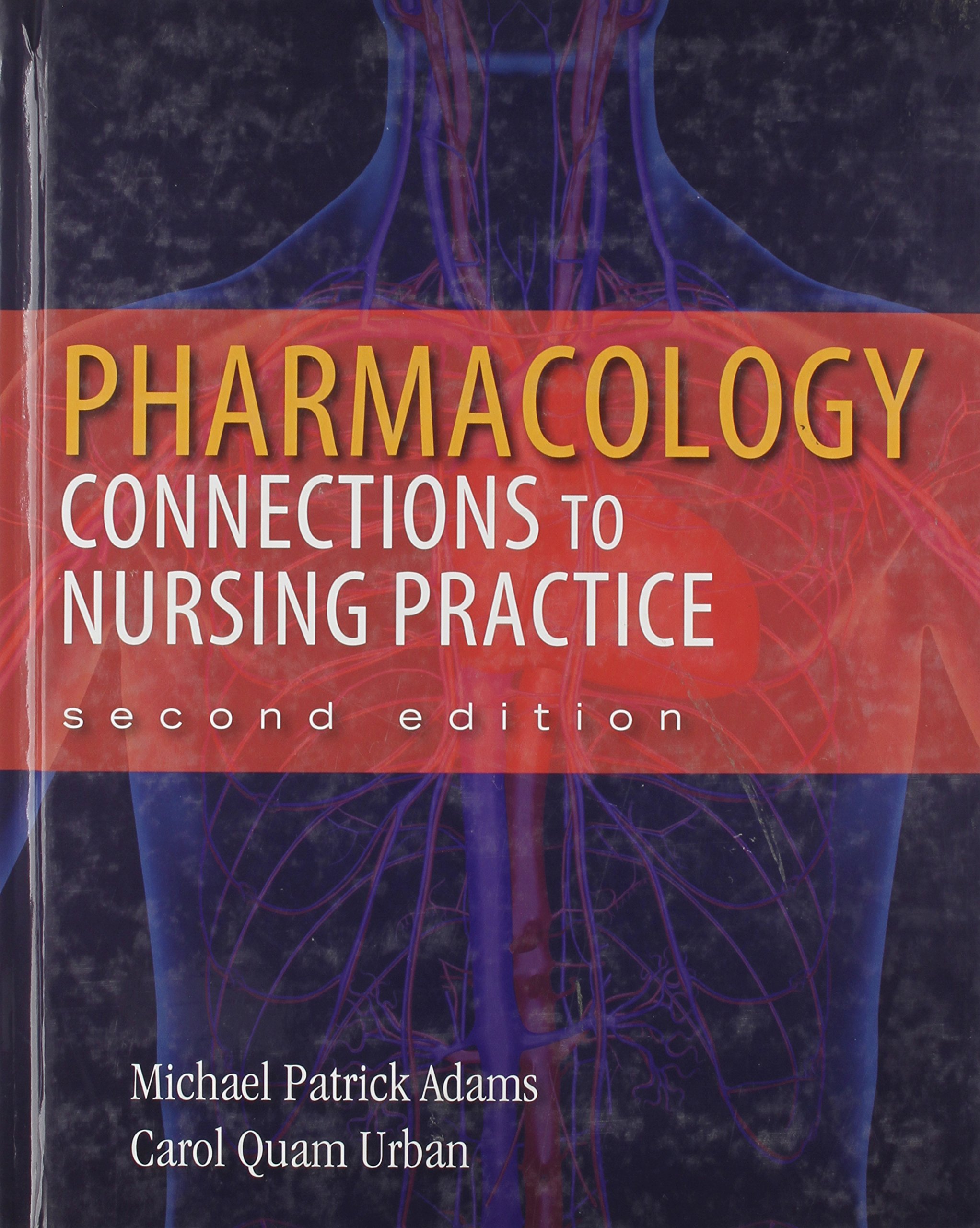
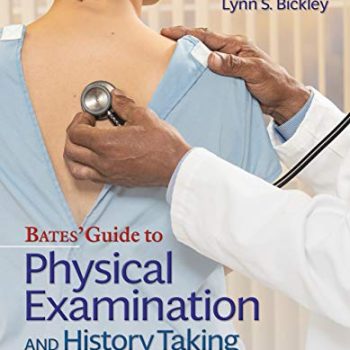


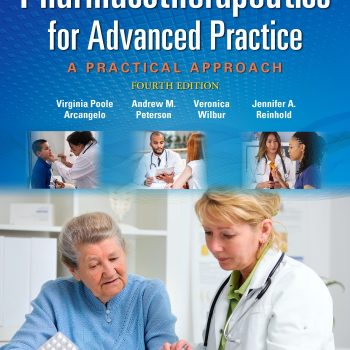
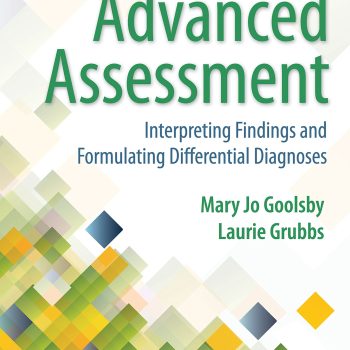
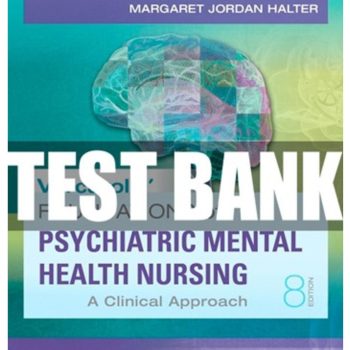
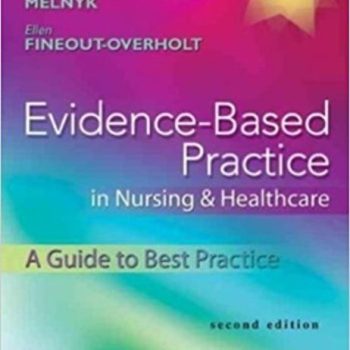
Reviews
There are no reviews yet.